Tooth grinding (bruxism) or jaw clenching is a common oral health concern that can occur while you’re asleep or awake, however in most cases you’re not aware of it until someone tells you.
In prolonged cases, grinding and clenching leads to worn down teeth and TMJ pain. Here are the signs to watch:
If you think you grind or clench, book an appointment for a thorough assessment.
Book online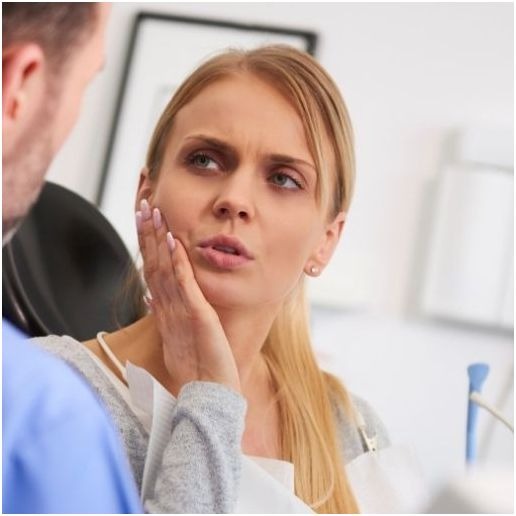
The temporomandibular joint (TMJ) is the hinge-like joint that connects the skull and jaw on each side of your face. TMJ disorder is the condition affecting those jaw joints along with the muscles attached to your jaws. Signs and symptoms of TMJ disorder include:
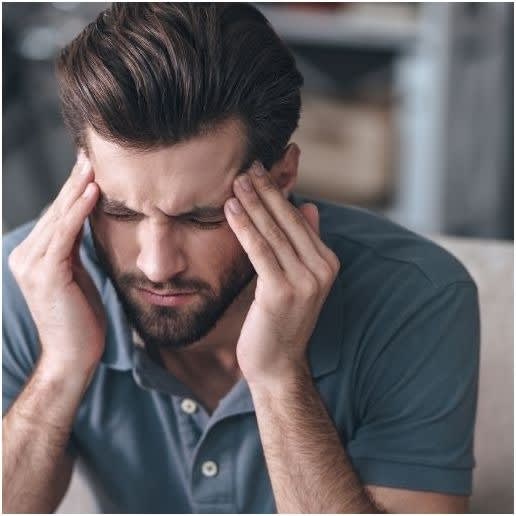
Dental splints also known as custom mouthguards, occlusal splints and bite plates. Both types of dental splints are custom-made using impressions that have been taken by your dentist. Made of clear plastic, the mouthguard fits between and over the upper and lower teeth to prevent you from clenching your jaw and grinding your teeth. A custom mouthguard for bruxism, jaw clenching or TMJD:

OSA is a sleep disorder that is thought to affect one in 10 Australian adults. It occurs when your tongue and throat muscles relax and narrow the upper airway, causing you to stop and start breathing repeatedly. OSA signs include:
OSA can be caused by nasal obstruction, large tonsils, smoking, drinking and obesity, and if left untreated can lead to serious long-term health issues.
Wearing a custom mouthguard while you sleep, helps to shift the jaw forward and keep the airway open, helping to alleviate mild to moderate symptoms of sleep apneoa. Ask your dentist for a referral to a sleep specialist who can confirm a diagnosis.
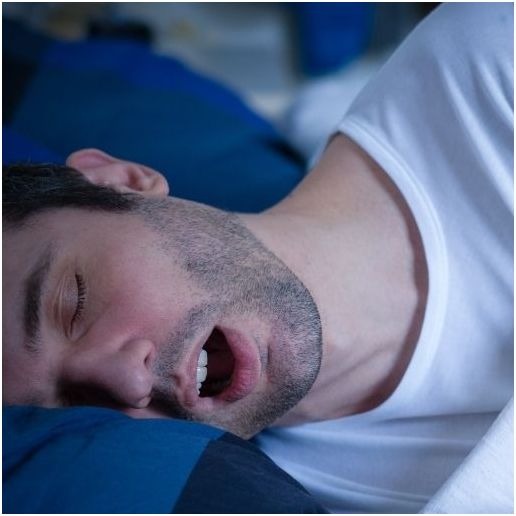
A sleep specialist conducts a sleep study along with a series of tests to diagnose obstructive sleep apnoea.
During these tests the patient’s heart, lung and brain activity, breathing patterns, arm and leg movements, and blood oxygen levels are monitored while they sleep.
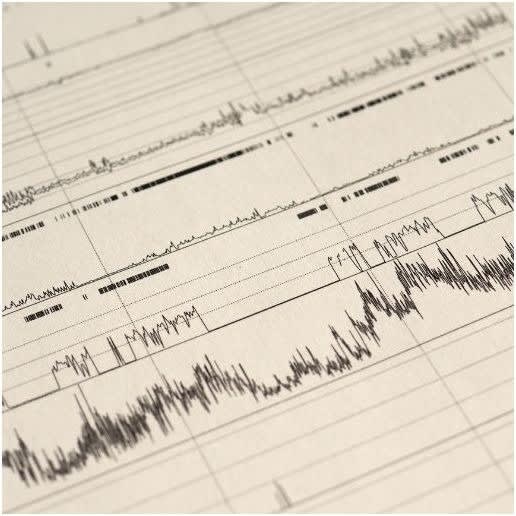
Once you have been diagnosed with OSA, your sleep specialist sends results back to your dentist here at EVP Dental so you can begin treatment.
Treating OSA involves your dentist taking impressions of your teeth and jaws to custom make your oral appliance to be worn to sleep. During your appointment, you’ll also be given instructions on how to care for your new oral appliance.
Book online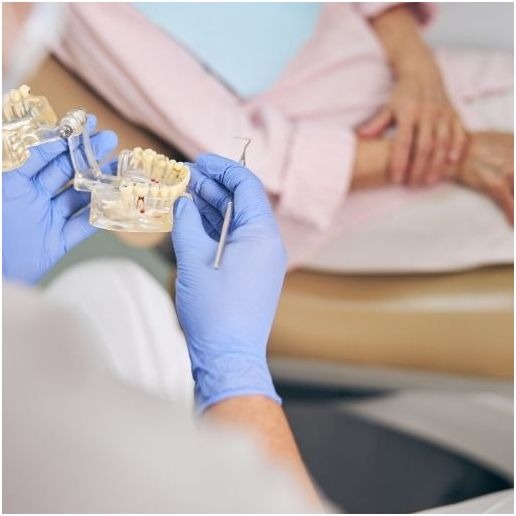
Bruxism is the involuntary grinding or clenching of teeth that may happen while awake or during sleep. Bruxism treatment is based on the cause. Dental treatments for teeth grinding include correcting a bad bite and fitting an oral appliance to prevent tooth wear and TMJD.
TMJ disorders (TMD or TMJD) are any problems affecting the two temporomandibular joints. These are the two 'hinge' joints connecting the upper and lower jaws that allow the mouth to move. TMJD can have many causes, including injury to the teeth or jaws, teeth grinding, misalignment of the teeth or joint conditions such as arthritis.
Depending on what's causing TMJ problems, treatments may include:
We give you something to smile about! Get in touch with our team today.